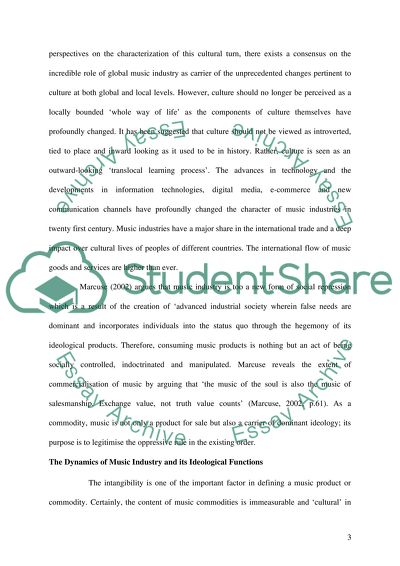Cite this document
(“Media Culture Essay Example | Topics and Well Written Essays - 1500 words”, n.d.)
Media Culture Essay Example | Topics and Well Written Essays - 1500 words. Retrieved from https://studentshare.org/sociology/1528039-media-culture
Media Culture Essay Example | Topics and Well Written Essays - 1500 words. Retrieved from https://studentshare.org/sociology/1528039-media-culture
(Media Culture Essay Example | Topics and Well Written Essays - 1500 Words)
Media Culture Essay Example | Topics and Well Written Essays - 1500 Words. https://studentshare.org/sociology/1528039-media-culture.
Media Culture Essay Example | Topics and Well Written Essays - 1500 Words. https://studentshare.org/sociology/1528039-media-culture.
“Media Culture Essay Example | Topics and Well Written Essays - 1500 Words”, n.d. https://studentshare.org/sociology/1528039-media-culture.


